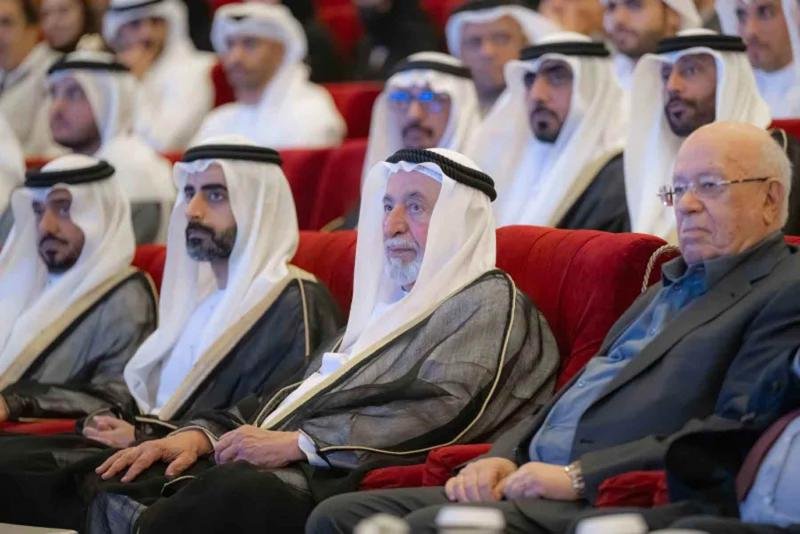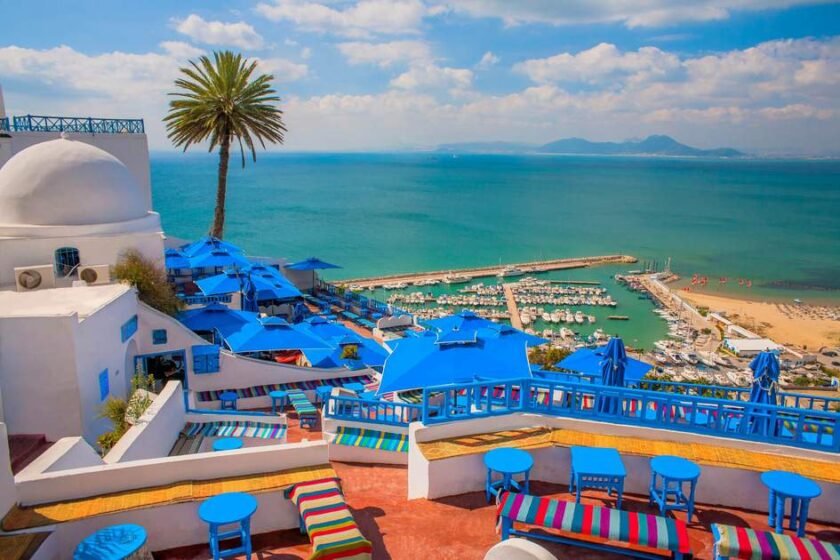In a wide-ranging address to the Arab press, veteran actor and President of the Cairo International Film Festival (CIFF), Hussein Fahmy, outlined an ambitious blueprint for the event’s future, emphasizing film restoration, digital accessibility, and a commitment to its foundational legacy.
Fahmy expressed his unwavering ambition to not only maintain but elevate the festival’s status. “Our mission is to deliver a better edition each year,” he stated, affirming his goal to keep CIFF as the premier film festival in the Arab region.
A Crusade to Save Egyptian Cinema
A significant portion of Fahmy’s address was dedicated to his passion project: the restoration of Egypt’s classic black-and-white films. He recounted that upon assuming the festival presidency, he discovered a staggering backlog of nearly 1,800 films in urgent need of preservation.
“In my first year, we restored ten films,” Fahmy reported, noting that the restoration efforts have since scaled up significantly. He credited the collaboration with the Restoration Center at Egypt’s Media Production City and announced new, critical partnerships with China and Germany to aid in salvaging this swathe of national heritage.
Looking forward, Fahmy revealed the next strategic step: a digital streaming platform for the restored classics. “We restore these films so they can be watched, not stored away in archives,” he declared, ensuring the films reach a modern audience.
Embracing Competition, Upholding a Legacy
When questioned about the growing number of film festivals in the Arab world, Fahmy displayed a confident outlook. He dismissed concerns over competition, pointing to CIFF’s 47-year history as a bedrock of its authority.
“Competition inspires creativity,” he asserted, adding that more festivals create a healthy environment that ultimately benefits the industry. His primary wish, he said, is to establish a solid institutional legacy for future leaders to build upon.
Principle Over Position: A Stance on Gaza
The festival president also spoke candidly about the cost of his political principles. He recalled that during his first year in the role, he publicly condemned Israeli atrocities in Gaza—a move that led the United Nations, where he served as a “Peace Messenger,” to summon him for questioning.
Refusing to have his voice dictated, Fahmy chose to resign from the UN position. He further highlighted that the festival itself has consistently shown solidarity with Gaza, including through gestures like distributing “Gaza pins” to all guests and participants last year.
Through his leadership, Hussein Fahmy continues to blend his storied artistic legacy with a clear, modernizing vision for one of the Arab world’s most prestigious cultural institutions.
TunisianMonitorOnline Correspondent (Douha Essaafi)




